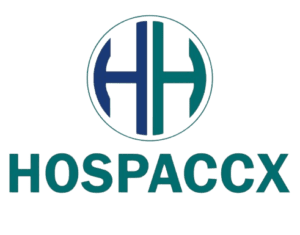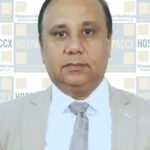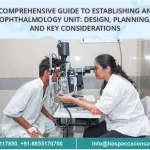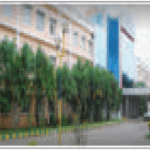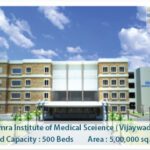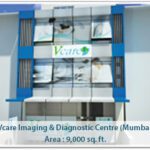Gitega, located in central Burundi, serves as the country’s political capital and is rich in history and culture . As of the latest estimates, Gitega has a population of around 725,223, making it one of the more populous areas in Burundi. As it continues to develop as a political capital, Gitega plays a crucial role in shaping the future of Burundi through its educational initiatives, economic activities, and cultural heritage. The town’s strategic location and historical significance position it as an essential part of Burundi’s identity and governance.
Gitega faces a significant disease burden characterized by both communicable and non-communicable diseases:
- Communicable Diseases:
- Malaria: Malaria remains a leading health concern in Gitega. The region’s tropical climate contributes to high transmission rates, particularly affecting vulnerable populations such as children and pregnant women.
- HIV/AIDS: The prevalence rate of HIV in Burundi is around 1.0%, with ongoing efforts to improve treatment access and reduce stigma associated with the disease.
- Tuberculosis (TB): TB continues to be a critical health issue, often exacerbated by co-infection with HIV.
- Non-Communicable Diseases (NCDs):
- The rise in NCDs such as diabetes and cardiovascular diseases is becoming increasingly evident due to lifestyle changes and limited access to preventive healthcare services.
- Child Health:
- High rates of malnutrition among children contribute significantly to elevated mortality rates. Chronic malnutrition affects nearly 50% of children in some areas, necessitating urgent interventions to improve nutritional status.
- Mental Health:
- Mental health issues are also on the rise, reflecting broader societal stressors and the need for improved mental health services.
- Healthcare Insights
- The healthcare system in Gitega is structured around both public and private facilities, including regional hospitals and health centers that provide essential services. However, several challenges persist:
- Infrastructure: Many healthcare facilities face inadequate infrastructure, overcrowding, and shortages of medical supplies.
- Public Health Initiatives: Various organizations are working to enhance healthcare delivery through programs focused on malaria prevention, maternal and child health services, and HIV/AIDS treatment
- Community Engagement: Increasing community awareness about health issues can help reduce the stigma associated with diseases like HIV/AIDS and improve adherence to treatment regimens.
CHALLENGES AHEAD
Despite ongoing efforts to improve healthcare in Gitega, several challenges persist:
- Limited funding for public health initiatives hampers the ability to provide adequate care.
- The cost recovery system implemented in 2002 has made access to healthcare more difficult for low-income families.
- There is a shortage of trained medical personnel as many skilled workers leave the public sector for better-paying jobs in NGOs or private institution
LIST OF MAJOR HOSPITALS
| PUBLIC HOSPITALS | |
| Gitega Regional Hospital | Public – 321 beds |
| Centre de soins mentaux de Gitega | Public |
| PRIVATE HOSPITALS | |
| Kibimba Hospital | Private |
| Kibuye Hope Hospital | Private – 247 beds |
| Hospital Bethania | Private |
| Mutoyi Hospital | Private |
| New Health Clinic | Private |
DIAGNOSTIC CENTRES
Here is a list of diagnostic centers in Gitega, Burundi:
- Gitega Regional Hospital (Hôpital Régional de Gitega)
- Overview: This is the primary public hospital in Gitega and offers various medical services, including diagnostic imaging and laboratory tests. It is equipped to handle emergencies and provides specialized care in several departments.
- Gitega Fistula Centre (GFC)
- Overview: Established within the Gitega Regional Hospital by Médecins Sans Frontières (MSF), this center focuses on the diagnosis and treatment of obstetric fistula. It provides comprehensive care and has been instrumental in addressing this significant health issue in the region.
- Urumuri Centre
-
- Overview: Also, a collaboration between MSF and the Ministry of Health, this center specializes in treating women with obstetric fistula and offers diagnostic services related to this condition.
- Local Health Clinics
- Various local health clinics throughout Gitega may offer basic diagnostic services, including routine laboratory tests and screenings, although they may not be as comprehensive as those provided at the regional hospital.
These facilities play a crucial role in providing diagnostic services to the population of Gitega, addressing both general health needs and specific conditions such as obstetric fistula.
Related Team Members
